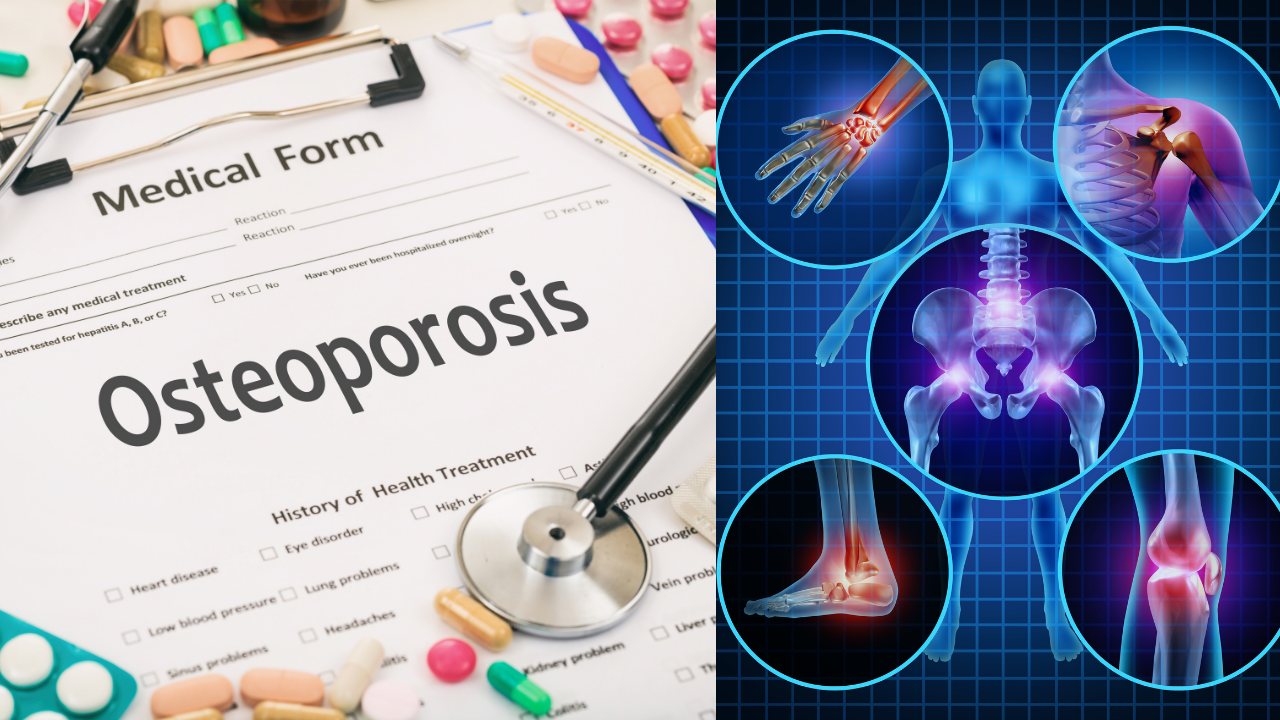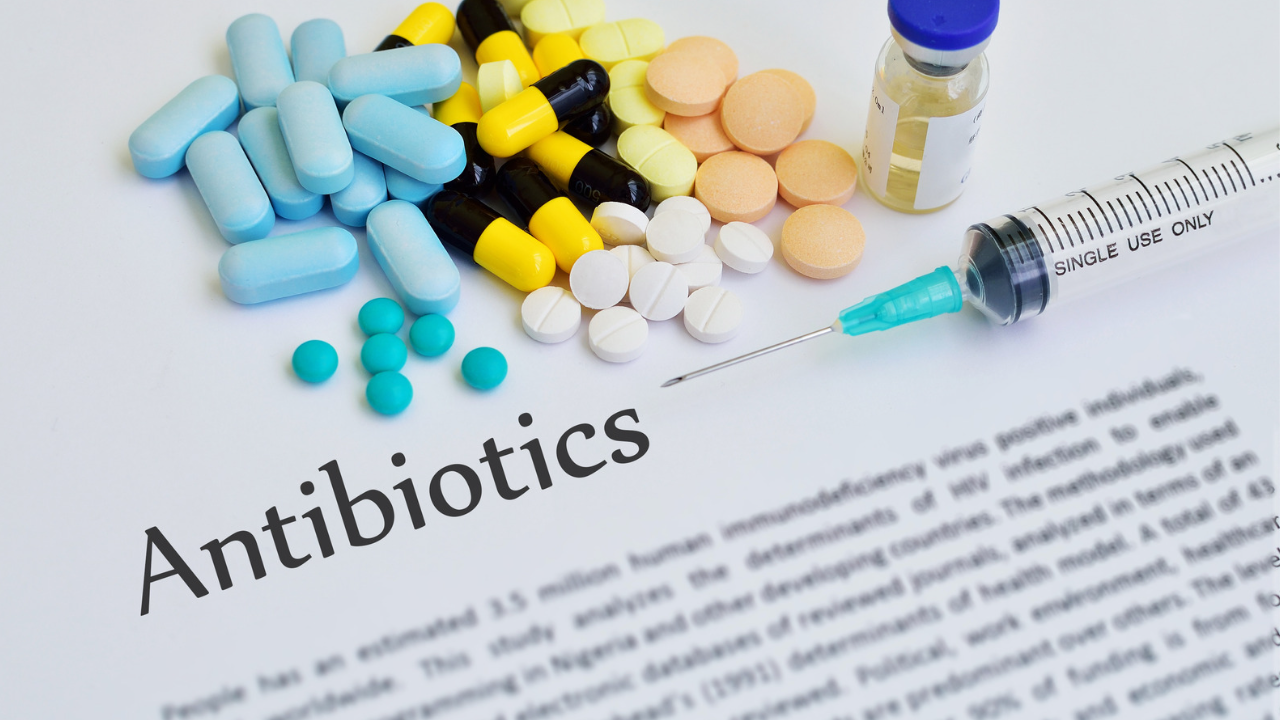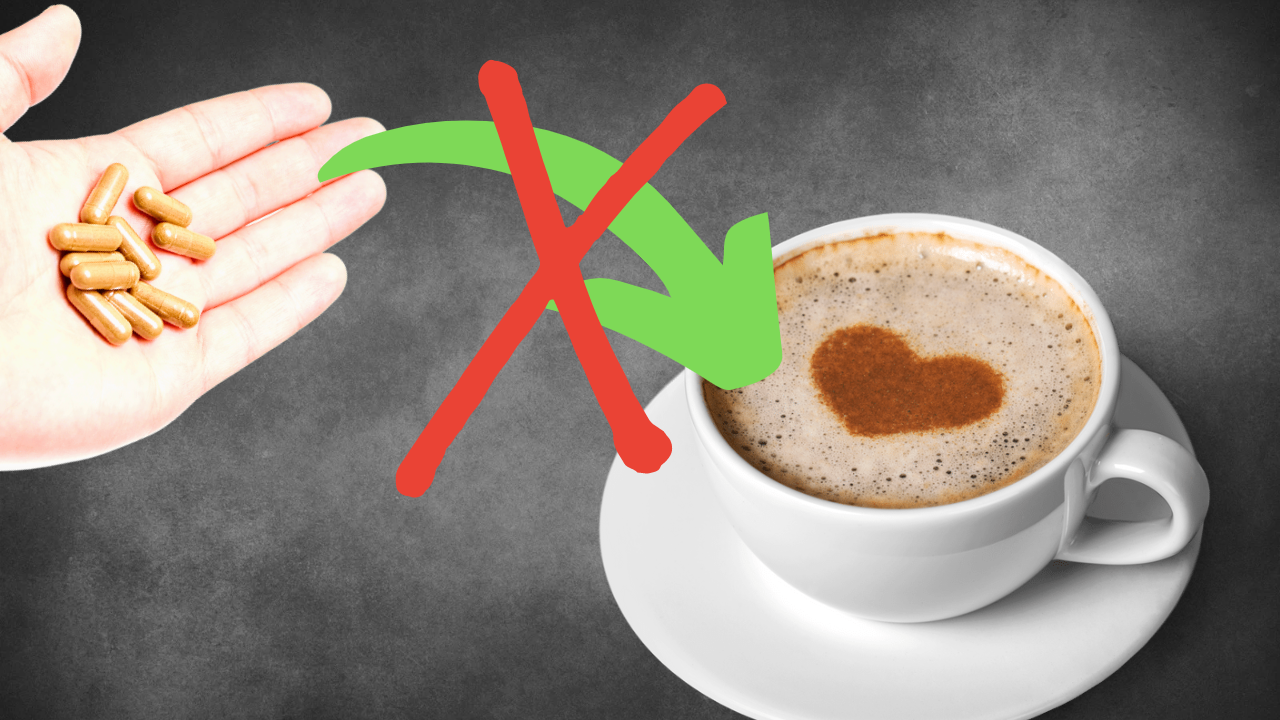Coffee is one of the most popular beverages in the world. Coffee has become a staple in our culture so much so that the term coffee break is part of our vernacular.
According to uptodate.com more than 150 million people in the US drink coffee daily and the developed world accounts for more than 70% of worldwide consumption.
Given these numbers it is worthwhile to examine if drinking coffee and interfere with the absorption of medications. Let’s find out!

Drinking coffee is now part of our morning routine, in facts it is part of mine as well.
And you might be asking yourself hey if I’m drinking coffee why not take in my medications. What’s the harm?
Once you take in coffee your body starts processing and according to medicalnewstoday.com your “levels of caffeine peak within about 15-45 minutes”. You might be asking yourself how long coffee stays in my body. The half-life of coffee is about 5 hours. What does that mean? This means if you drank 10mg of caffeine 5 mg would remain in your body after 5 hours. Now this means half of coffee you drink is not eliminated from your body in a linear way so therefore the effects of caffeine last longer before being eliminated from your body.
What affects coffee absorption?
Three things:
1)An enzyme system called Cytochrome P450
2) Coffee stimulates gastric acid secretion in your stomach
3) Coffee is a stimulant and increases gut motility
The three points I mentioned before will all in turn affect how certain medications are absorbed.
Which common medications should you be aware of:
- Thyroid drugs:
Thyroid medications should be taken on an empty stomach in the morning. If you drink coffee, it will affect the absorption of the drug. Caffeine not only increases gut motility, but is also has a mild laxative by increasing the amount of fluid in your stool. Also caffeine causes the drug to move quickly through your gut decreasing the amount of drug being absorbed. As result this will affect the amount of drugs levels needed to treat your underlying thyroid condition.
- Medications to treat osteoporosis:
 Bisphosphonates which you see listed here are medications used to treat bone health. However, these medications should not be taken with coffee. In fact, it should NOT be taken with juice, milk, or any other beverage other than plain water. Furthermore, you should wait 30 minutes before taking in other medications or supplements. This is because oral bisphosphonates are poorly absorbed and beverages such as coffee or when taken with food will create complexes interfering with GI absorption.
Bisphosphonates which you see listed here are medications used to treat bone health. However, these medications should not be taken with coffee. In fact, it should NOT be taken with juice, milk, or any other beverage other than plain water. Furthermore, you should wait 30 minutes before taking in other medications or supplements. This is because oral bisphosphonates are poorly absorbed and beverages such as coffee or when taken with food will create complexes interfering with GI absorption.
- Acid reflux medications:
Here is a list of medications which help with your acid reflux.
- Dexlansoprazole (Dexilant)
- Esomeprazole (Nexium)
- Lansoprazole (Prevacid)
- Omeprazole (Prilosec, Zegerid)
- Pantoprazole (Protonix)
- Rabeprazole (Aciphex)
These medications work by reducing the amount of acid secreted in your stomach to help alleviate your heartburn symptoms.
- Iron tablets:
Do not take your iron tablets or supplements with coffee.This is because coffee can affect absorption from both your food and supplements if taken at the same time.So when should you drink your coffee? It is recommended that you do drink coffee one hour before a meal or taken in supplements.
- Ciprofloxacin: (Quinolone antibiotics):
 Ciprofloxacin is a common antibiotic and is to treat a variety of ailments such UTI’s, skin infections or bronchitis to name a few. If you are on this antibiotic do not take it at the same time with caffeine containing products. Using both together can increase the effects of caffeine and can increase heart pounding, anxiety, nervousness, and sleepiness.
Ciprofloxacin is a common antibiotic and is to treat a variety of ailments such UTI’s, skin infections or bronchitis to name a few. If you are on this antibiotic do not take it at the same time with caffeine containing products. Using both together can increase the effects of caffeine and can increase heart pounding, anxiety, nervousness, and sleepiness.
- Sudafed (Pseudoephedrine)
Sudafed is a decongestant and is commonly to help symptoms associated with nasal congestion
If you take Sudafed (Pseudoephedrine) and caffeine it can increase the side effects such as fast heart rate and high blood pressure. Remember caffeine is also found in teas, colas, some herbal supplements, and chocolate
- Medications used for asthma called beta adrenergic agonists such as albuterol:
 This is because caffeine can stimulate your heart.Medications such as Albuterol can also stimulate your heart.When taken in combination can cause increased stimulation of your heart exacerbating side effects of these medications:
This is because caffeine can stimulate your heart.Medications such as Albuterol can also stimulate your heart.When taken in combination can cause increased stimulation of your heart exacerbating side effects of these medications:
Listed below are medications which can have interactions with coffee, albeit perhaps less common. t
Adenosine, Birth control pills,Clozapine,Persantine,Estrogens,Luvox,Lithium,Monoamine oxidase inhibitors,Tricyclic antidepressants,Pentobarbital,Theophylline, Verapamil, diuretic drugs.
Think your health and have a good day.Check entire YT video here.
Sources:
- https://www.rxlist.com/coffee/supplements.htm
- https://www.webmd.com/vitamins/ai/ingredientmono-980/coffee
- https://pubmed.ncbi.nlm.nih.gov/18341376/
- https://www.verywellhealth.com/coffee-and-thyroid-medication-3233255
- https://www.linkedin.com/pulse/how-caffeine-affects-drug-absorption-john-roush/
- https://www.eatthis.com/news-medication-coffee-study/
- https://www.coffeeandhealth.org/topic-overview/caffeine-and-metabolism/
- https://pubmed.ncbi.nlm.nih.gov/10049999/
- https://worldpopulationreview.com/country-rankings/coffee-consumption-by-country
- https://www.healthline.com/nutrition/coffee-caffeine-iron-absorption
- https://pubmed.ncbi.nlm.nih.gov/6402915/






